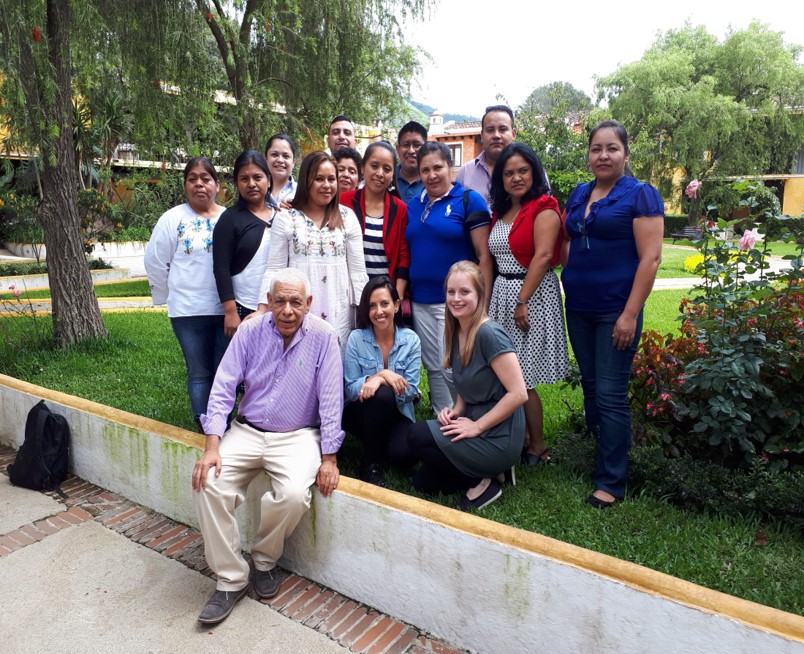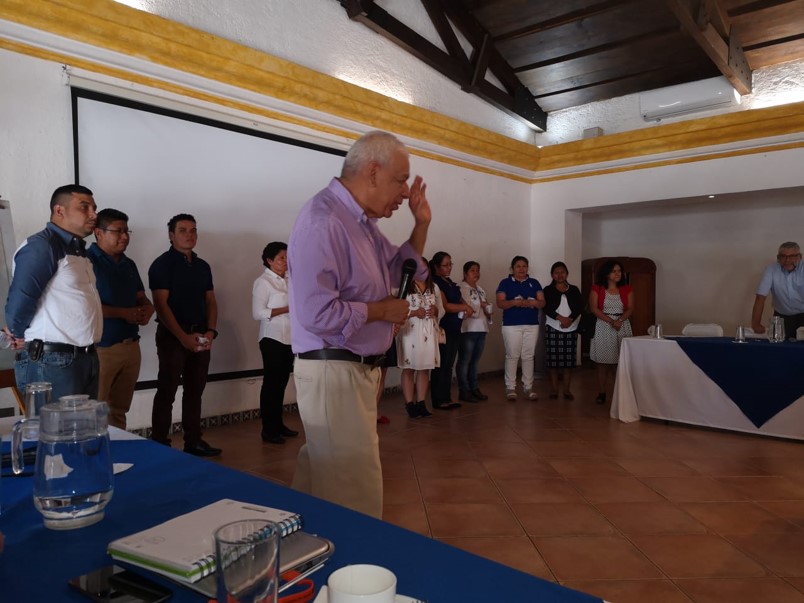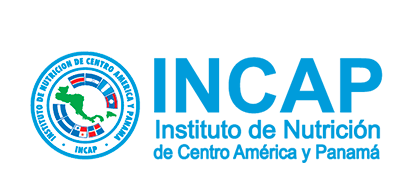

Child Development and Adult Social and Human Capital: COHORTS
|
Participating institutions |
Institute
of Nutrition of Central America and Panama (INCAP) Emory University, Atlanta, Georgia, USA University of Oxford, UK USC-Office of Population Studies Foundation, Inc
(OPS) Cebu, Philippines. University of Witwatersrand, Johannesburg, South
Africa. Federal
University of Pelotas, Pelotas, Brazil. |
|
CIIPEC Researchers |
Manuel
Ramirez Zea, PhD Paul
Melgar, MsC |
|
Other collaborating researchers |
Aryeh
Stein, PhD
|
|
Funding agency |
Bill and Melinda Gates Foundation |
|
General objective |
Describe the
patterns of development of cognitive functioning across life from early
childhood to adulthood
Identify
critical factors to predict or mediate these patterns, with special focus on
determinants of persistent deficit or resilience; and
Assess the
impact of these patterns on adult cognitive, executive and social emotional
function and a wider array of measures of social human capital, including
schooling attainment, employment history, income, family formation, and
mental health.
|
|
Methodology |
In order to reach the purpose of the study we
will administer a battery of modules from the NIH Toolbox to provide
comprehensive assessment of Executive Function, Attention, Episodic Memory,
Language, Processing Speed, Working Memory, Audition and Vision, as well as
Social an Emotional Functioning. We will administer a set of modules to
collect a wide range of data relating to human social capital and
socialization. These include measures of work history, marital and family
history, alcohol and illicit drugs, history of perpetration and experience of
violence, history of arrest/incarcelation, mental health and perceived
relative socio-economic status.
|
















